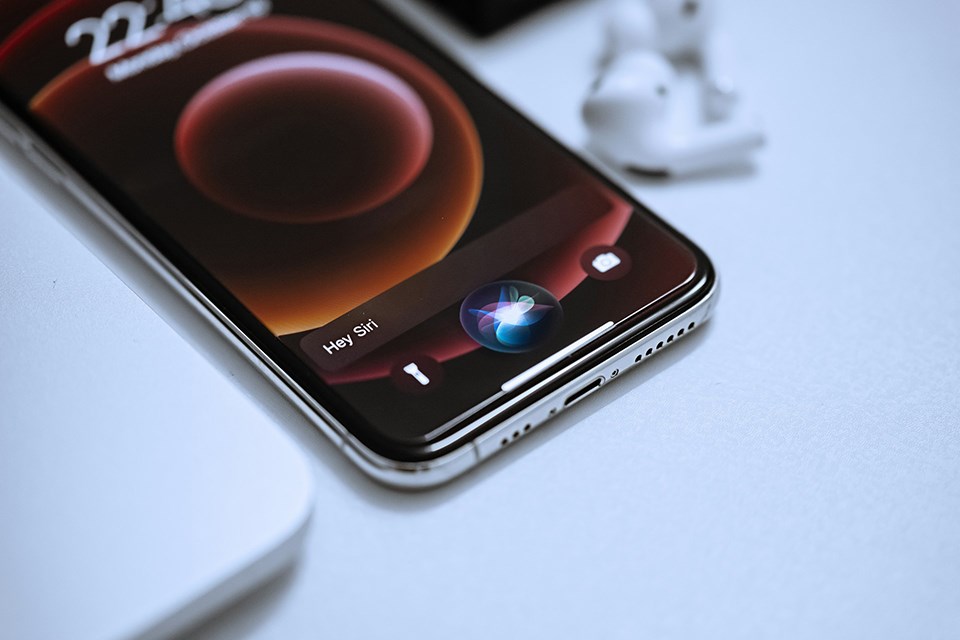Siri can’t suck forever. You know it. I know it. Even Apple knows it. After 13 years of mediocrity, Apple is finally doing something about it. Enter “LLM Siri,” Apple’s attempt to make its assistant more like OpenAI’s ChatGPT or Google’s Gemini.
Internally, Apple’s engineers are working on large language models (LLMs) to enable back-and-forth conversations, smarter responses, and deeper app integrations. But don’t hold your breath—this won’t hit your devices until 2026.
The new Siri will eventually be part of Apple Intelligence, the platform the company unveiled this year with lots of hype but little substance. So far, the updates have been mostly cosmetic: a glowing interface, better command recognition, and typing options. Helpful for sure, but just lipstick on a pig. (Wait. Pigs are cute. Feel free to pick a better metaphor.)
The rumor mill says Apple’s next-gen approach will deliver ChatGPT-level sophistication, which means Apple’s North Star is “be as good as ChatGPT 2024 when Siri 2.0 launches in 2026.” Bold strategy, Cotton.
In the meantime, the fruit company is adding ChatGPT to its ecosystem next month and may integrate Google’s Gemini down the line. All kidding aside, Apple’s goal is clear: use the best of third-party tools, integrate them seamlessly, and – just when everyone thinks Apple is model-agnostic and playing nicely with others – lose the competition and bring an in-house, walled-garden, privacy-focused, AI-powered Siri to market. Savage!
A lot of people think Apple is very late to the game. They are, but it doesn’t matter. If we’ve learned anything over the past few years, it’s that “distribution is king.” DemandSage says that as of October 2024, there were more than 1.56 billion active iPhones. Now, add in iPads, MacBooks, etc., and the number of Apple devices in the wild exceeds 2.2 billion. That means Apple really only needs to do one thing: get AI right. They can slow play this as long as they want. They don’t have any competition. No iOS or macOS or iPadOS user is giving up their devices because Apple hasn’t fully developed an agentic Siri. If we’re honest, the vast majority of Apple customers won’t even think about this until the benefits are unignorable. Through that lens, Apple has as much time as they need.
Author’s note: This is not a sponsored post. I am the author of this article and it expresses my own opinions. I am not, nor is my company, receiving compensation for it. This work was created with the assistance of various generative AI models.
ABOUT SHELLY PALMER
Shelly Palmer is the Professor of Advanced Media in Residence at Syracuse University’s S.I. Newhouse School of Public Communications and CEO of The Palmer Group, a consulting practice that helps Fortune 500 companies with technology, media and marketing. Named LinkedIn’s “Top Voice in Technology,” he covers tech and business for Good Day New York, is a regular commentator on CNN and writes a popular daily business blog. He's a bestselling author, and the creator of the popular, free online course, Generative AI for Execs. Follow @shellypalmer or visit shellypalmer.com.




